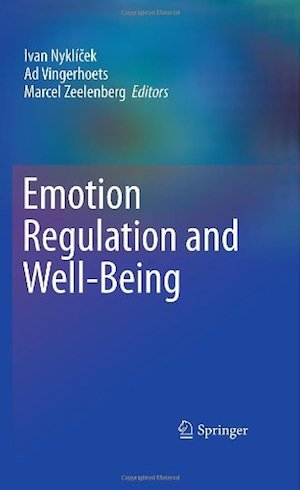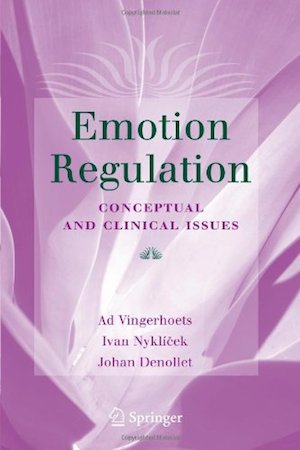De Emotionele Mens - Waarom onze emoties bepalen wie we zijn
/De emotionele mens van Ad Vingerhoets geeft de actueelste inzichten over het belang van alle menselijke emoties. Blozen uit schaamte, schreeuwen uit woede, huilen van verdriet, lachen van vreugde, verstijven van angst – allemaal uitingsvormen van de emotionele software waarmee de evolutie de mens heeft toegerust. En dat is niet zomaar, zo legt emotiedeskundige Ad Vingerhoets uit in deze fascinerende zoektocht naar de kern van ons gevoelsleven. Gewapend met de actueelste wetenschappelijke inzichten ontrafelt hij in De emotionele mens de kern van menselijke emoties als angst, blijdschap, verdriet, trots, spijt, nostalgie en walging én laat hij zien hoe deze emoties ons nog altijd tot nut zijn. Sterker nog: we kunnen niet zonder!
Vingerhoets pleit daarom voor een herwaardering van de menselijke emoties: de mens is namelijk van nature een sociaal wezen en om je in een groep staande te houden is het belangrijk dat je je eigen emoties – en die van een ander – begrijpt en op een juiste manier weet in te zetten. Dat was vroeger al van het grootste belang, en dat is nog altijd het geval. De regels van het sociale spel zijn in de loop der evolutie niet wezenlijk veranderd.
De emotionele mens van Ad Vingerhoets is een fascinerend psychologieboek dat je keer op keer versteld doet staan over het belang van onze emotionele uitrusting voor ons sociale en morele functioneren.









